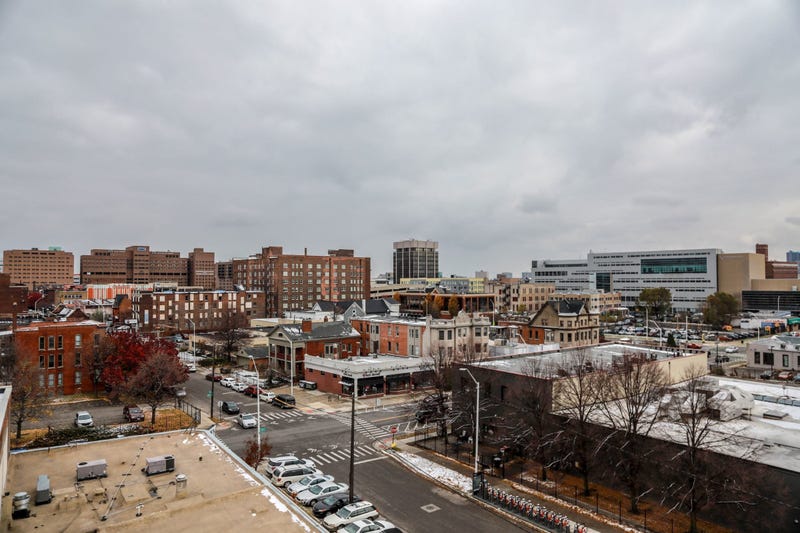
DETROIT (WWJ) -- You can tell a lot about a Detroiter based on what they call certain places in the city.
Many still refer to The Fillmore as the “State Theatre,” or will continue to call the newly-named Huntington Place, “Cobo.” And for a lot of Detroit residents, Midtown will forever be the “Cass Corridor.”
But while the “Midtown” moniker has been associated with sweeping changes and revitalization in the area over the last several decades, it’s hardly the first time the historic Detroit neighborhood has evolved.
In fact, since the turn of the century, there has rarely been a time when the Cass Corridor wasn’t changing, and it’s not stopping any time soon — as WWJ’s Zach Clark and Annie Scaramuzzino learned while delving into the story on a new episode of The Daily J podcast.
During the 19th century, the neighborhood’s plots were held by the descendants of Lewis Cass, the former Michigan governor with a controversial history.
From the late 19th to the mid 20th century, the Cass neighborhood was considered one of the richest parts of the city, where many of Detroit’s most influential built their Victorian-style mansions — such as David Whitney, J.L. Hudson and Lucien Moore.
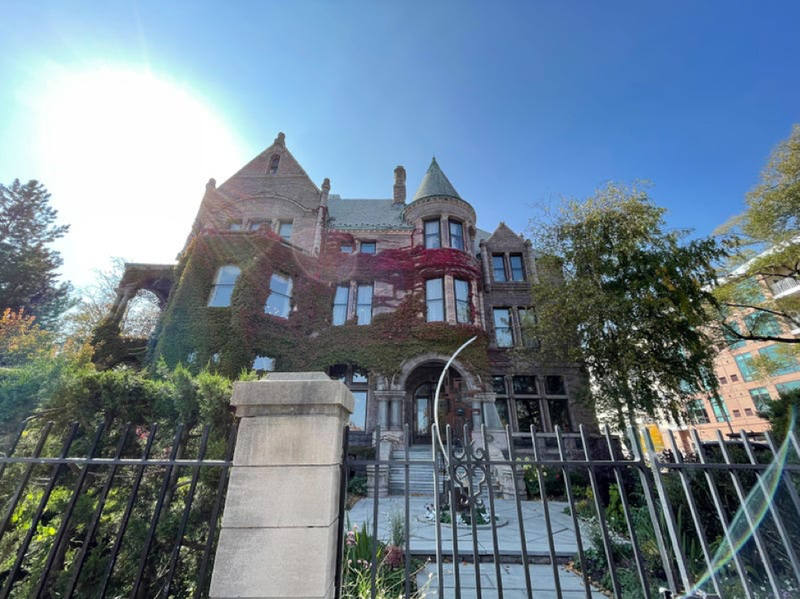
Many of those historic mansions were later divided and converted into tenement housing during the Depression era, marking perhaps the area’s first big change as lower-income tenants arrived in the neighborhood.
Later, part of the neighborhood also became the home of Detroit’s Chinatown, after the population was pushed out of their original downtown location at Third Avenue, Porter Street and Bagley Street.
In the 1960s and 1970s, the Cass Corridor had become a hub for local creatives, due in part to its large student population from schools such as Wayne State University and the College for Creative Studies, and the nearby Detroit Institute of Arts.
During that time period, the neighborhood also became known for its heavy crime, and an influx of drugs, prostitution, and arson would plague the area for decades to come.
Still, Detroiters never gave up on the Cass Corridor, and local developers like Joel Landy -- who died in 2020 -- started the effort of purchasing and restoring historic homes and buildings in the neighborhood in the late 70s.
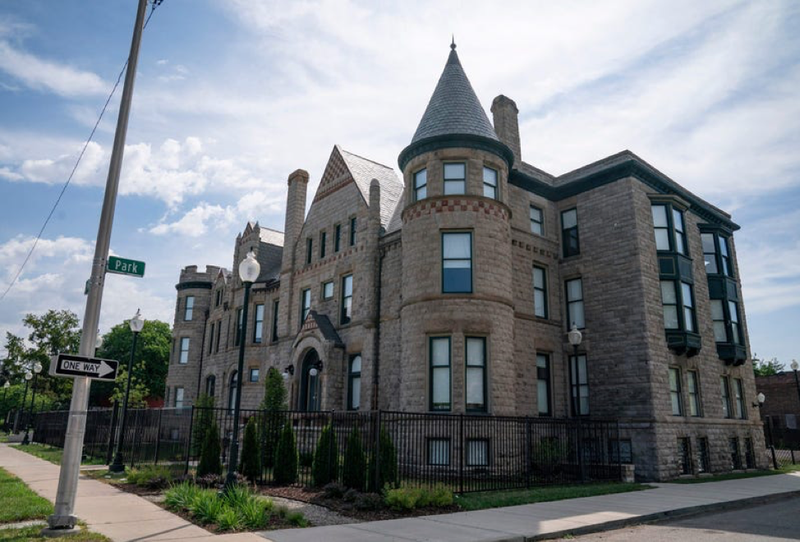
And when organizations like the University Cultural Center Association (UCCA) and the New Center Council (NCC) began to combine efforts to stimulate the district’s development and preserve its history, a major shift started to happen once again.
Since 2000, UCCA — which eventually continued on as Midtown Development Inc. (MDI) — has raised millions for various initiatives, while supporting local stakeholders, improving infrastructure, funding real estate and residential development, administering grants, restoring and converting historic buildings, organizing a variety of community programming, and more.
But as former MDI Executive Director Sue Mosey explained to WWJ in 2023, the Midtown name was never intended to replace Cass Corridor — especially since the Midtown district encapsulates much more than just that one neighborhood.
“The Midtown name is a geography name and it's meant to represent a geography north of the downtown that's flanked by a bunch of freeways,” Mosey said. “The reason why that name really was developed, and developed in almost every city for a similar geography, is so that visitors and people and businesses understand that there's sort of like its own economy operating in that zone.”
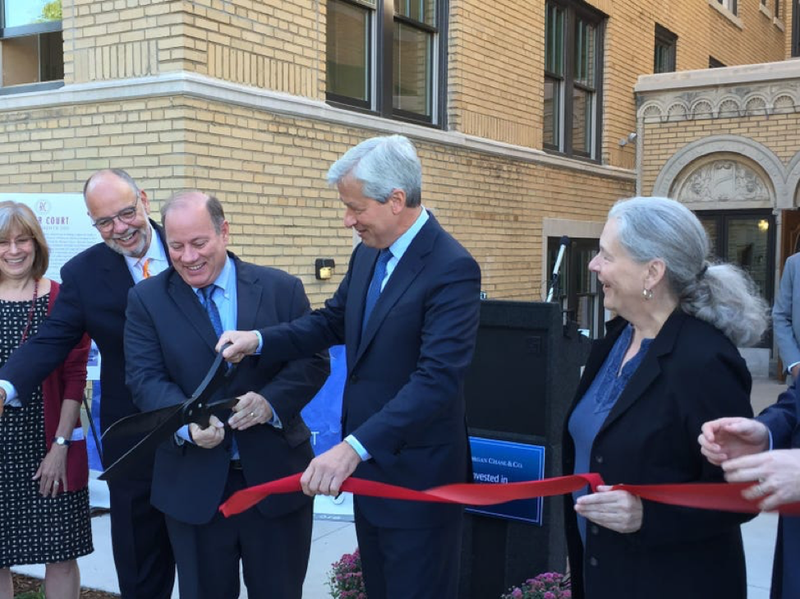
Still, how we view the city of Detroit can be reflective of the time and manner in which we grew up. The names we use often indicate our memories and impressions of what was going on in the city during our formative years, which is why calling it “Cass Corridor” vs. “Midtown” matters to a lot of Detroiters.
Meanwhile, things continue to evolve and change in the neighborhood, especially in the years following the COVID-19 pandemic.
While businesses like Jack White’s Third Man Records, upscale retailer Shinola, and a slew of trendy new restaurants and bars have popped up in Midtown over the last several years, some longtime mainstays have recently dissolved, which has many worried that others could fall victim to gentrification.
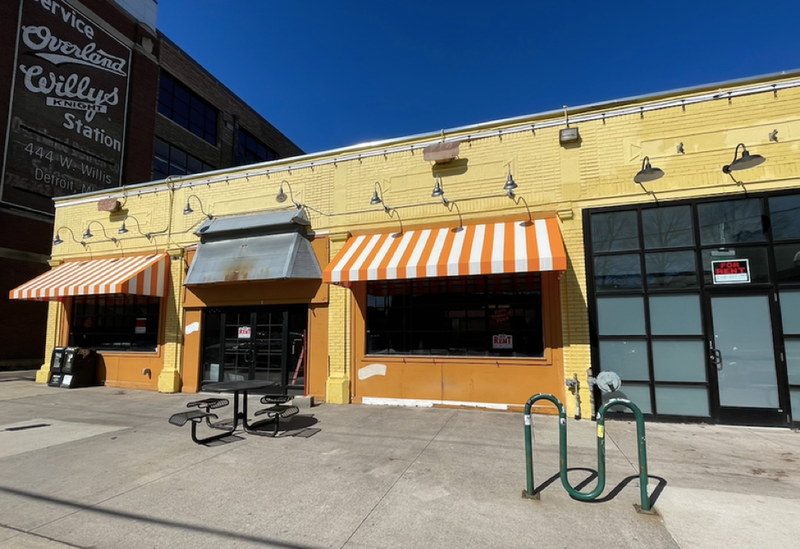
Union Street shuttered permanently during the pandemic, while Cass Cafe closed its doors in the summer of 2022 after nearly 30 years. That same year, iconic eatery Traffic Jam and Snug was ravaged by a devastating fire, and has yet to rebuild.
Meanwhile, Avalon Bakery closed its flagship location on Willis Street last spring, moving a block over to Canfield to open inside Jolly Pumpkin and marking the end of an era.
But according to Source Booksellers proprietor Janet Webster Jones — who has been a neighborhood anchor for over three decades — it’s always been the people who make the Cass Corridor a special place to be, and that won’t be changing anytime soon.
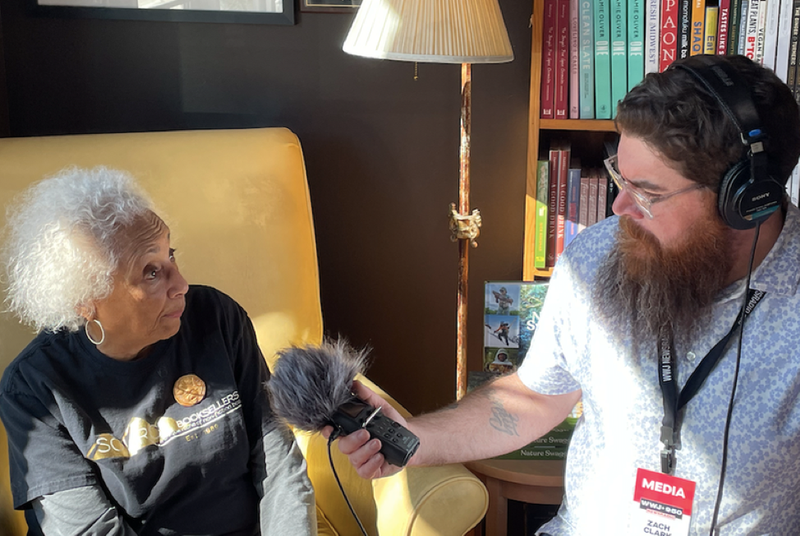
"Detroit has that spirit about it," Jones says. "There's a mentality of work and helping each other out. And all of the different ethnic groups that have come through here, folks just turn out when somebody needs something."
"I think it happens in business too, but it has to be initiated by somebody, not everybody has that," she adds. "But it's also part of the trust that we can have with each other. We know each other, we send people to each other. So that collaboration part is big."
Subscribe to The Daily J on the Audacy app, or wherever you get your podcasts.
